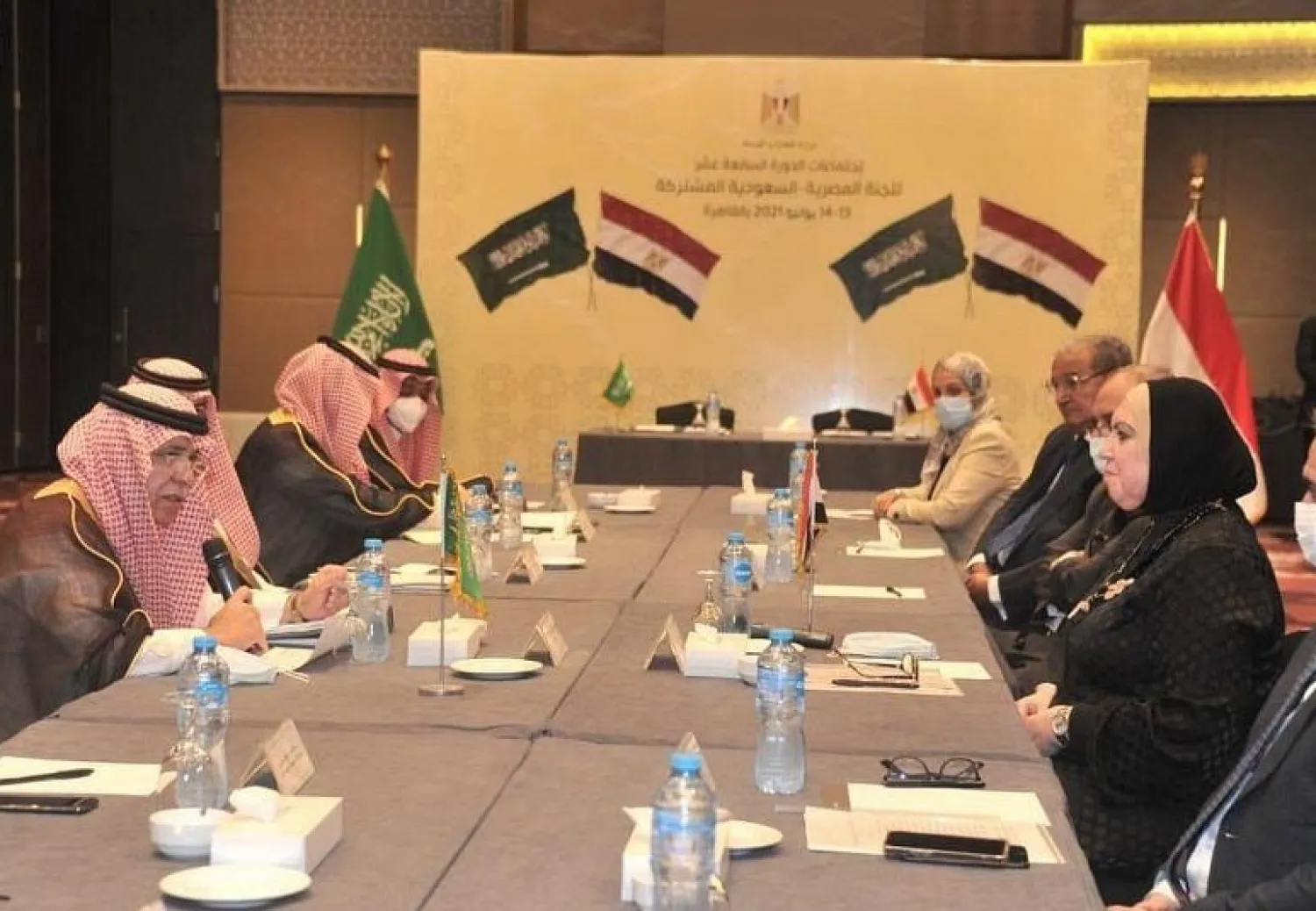Official information revealed a new directive issued by the Federation of Saudi Chambers called on the private sector to view an e-guide for members of the Egyptian Businessmen Association in a step to facilitate communication between the two parties.
Saudi Commerce Minister Majid Al-Qasabi had confirmed that Saudi Arabia aims to be the first trading partner for Egypt during the next five years.
He noted that there are 6,200 Saudi companies in Egypt with investments exceeding $30 billion, in addition to the presence of 274 Egyptian brands and more than 574 companies in Saudi markets.
According to the information, the latest step comes within the framework of the continuous cooperation between the two countries to enhance trade relations and revitalize business between Egyptian companies and their Saudi counterparts.
Therefore, the Egyptian Businessmen Association, a “non-governmental and non-profit entity,” launched an e-directory that includes detailed data for its members.
The Saudi-Egyptian Joint Committee in Cairo had recently held its 17th session, co-chaired by Al-Qasabi and Egyptian Minister of Trade and Industry Neveen Gamea in the presence of government officials representing various sectors in the two countries.
During his speech at the inauguration ceremony, Al-Qasabi conveyed the greetings of the Custodian of the Two Holy Mosques King Salman bin Abdulaziz Al Saud and HPrince Mohammed bin Salman bin Abdulaziz, Crown Prince, Deputy Prime Minister and Minister of Defense, commending deep-rooted relations between the two countries that are based on the bonds of religions, fraternity, dialogue, history and joint interests of both countries.
Minister Al-Qasabi said that the committee is an extension of the directives of the Custodian of the Two Holy Mosques King Salman bin Abdulaziz and Egyptian President Abdel Fattah el-Sisi on the importance of joint action to further enhance brotherly ties, boost cooperation, and move to a higher level, noting that the Saudi-Egyptian Joint Committee is one of the active committees between the two countries that has been held annually, except in 2020 due to the outbreak of the coronavirus (COVID-19) pandemic.
He also expressed aspiration for these meetings to enhance trade between the two countries, where the total trade volume in 2020 amounted to $8 billion, down by 15% when compared to 2019 due to the repercussions of the pandemic on global economies, reiterating that what matters now is to enhance the post-pandemic bilateral cooperation to boost economic cooperation and benefit from opportunities generated from the pandemic, as well as protecting investments in the two countries.
Al-Qasabi also expressed appreciation to Gamea and members of the technical teams for their efforts and their keenness to discuss all that can enhance cooperation between the two countries in all fields in a bid to push forward this cooperation until reaching fruitful outcomes to serve joint interests.









